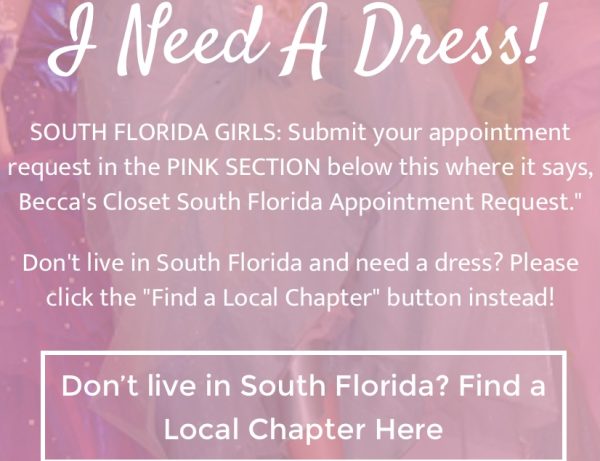Feminism; What Does it Mean?
March 20, 2019
Feminism, it can elicit an eye roll or a cheer. The positives of feminism, or gaining equality of the sexes, have commonly become overshadowed by more radical forms of the movement. A study by the Huffington Post found that 37% of people consider feminism a negative term, while only 26% believe it is positive. Students preached insecurity about supporting the movement, “Feminism should be vouching for equality of the good and bad, not focused on becoming better than men.”, said Ashley Dukhu.
Women have been feeling a distanced and disconnected feeling from the word feminism due to what it is seen as representing. Recently, a growing number of women have been taking more extremist attempts at acquiring equal rights. Those looking on view the movement as a push for superiority rather than equality. “I feel like now it has gone extreme, I’m unsure on whether I would call myself a feminist because of this.” said Jalixza Villanueva. These few radical attempts have become the face of feminism leading to negative feelings surrounding the term.
These negative feelings that have surrounded the view that feminism is a push for “superiority”, largely morph the term into something it is not. Feminism is meant to empower women against unfair civil and social treatment handed to them on a silver platter by society.
I’m glad that there is a movement supporting women and their power. It’s really about who they are. — Isabella Botero
It is extremely important that women continue to support the cause, with positive actions behind the movement, the bad reputation can be reversed.
Another common belief is that feminism is a dying movement born out of the struggle for women’s suffrage. This is entirely not the case. The wage gap still stands. The fight for reproductive rights still stands. The violence still stands. The difference is that today almost every woman stands too.













